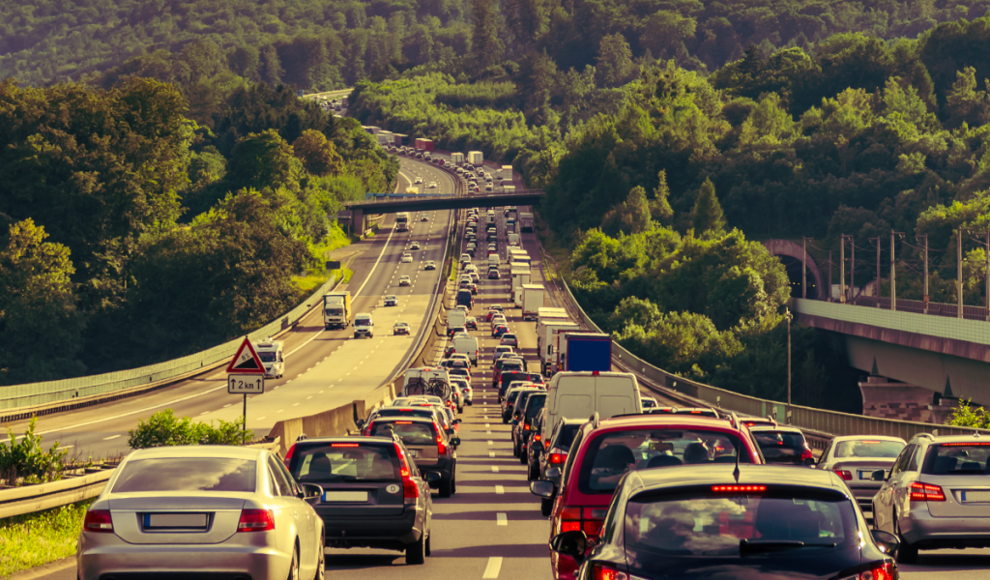The German government is facing calls from environmental and social groups to abolish the commuter tax deduction, known as the Pendlerpauschale, due to its negative impact on both tax revenue and CO2 emissions. The transport sector in Germany has failed to reduce its CO2 emissions since 1990, prompting the German Environment Agency to call for a comprehensive package of measures, including the end of the Pendlerpauschale. The Klima-Allianz, Caritas, and WWF Deutschland have also called for the abolition of the tax deduction, citing its contribution to climate change and its social injustice. The Pendlerpauschale is seen as benefiting higher earners more than those on lower incomes.
According to Viviane Raddatz, Head of Climate and Energy at WWF Deutschland, the Pendlerpauschale encourages long commutes by car, leading to high CO2 emissions. A recent study by the Forum for Social-Ecological Market Economy (FÖS) found that the abolition of the tax deduction could reduce CO2 emissions from road transport by around 2.4 million tonnes per year and generate additional tax revenue of around €6 billion per year. The Klima-Allianz Deutschland has called for the funds saved from the abolition of the Pendlerpauschale to be used to improve public transport, particularly to finance the €49 Germany ticket.
The German government has yet to implement its promise to reform the Pendlerpauschale under social-ecological criteria, as stated in the coalition agreement. The likelihood of the Ampel coalition following the proposal remains uncertain, as the tax deduction has been increased several times in the past in response to rising energy and living costs. A possible compromise could involve a revision of the regulation to include stronger ecological criteria.
In conclusion, the Pendlerpauschale has been criticized for its negative impact on both tax revenue and CO2 emissions, as well as its social injustice. The call for its abolition has been made by various environmental and social groups, who argue that the funds saved should be used to improve public transport. The German government has yet to implement its promise to reform the tax deduction, and the likelihood of its abolition remains uncertain.










